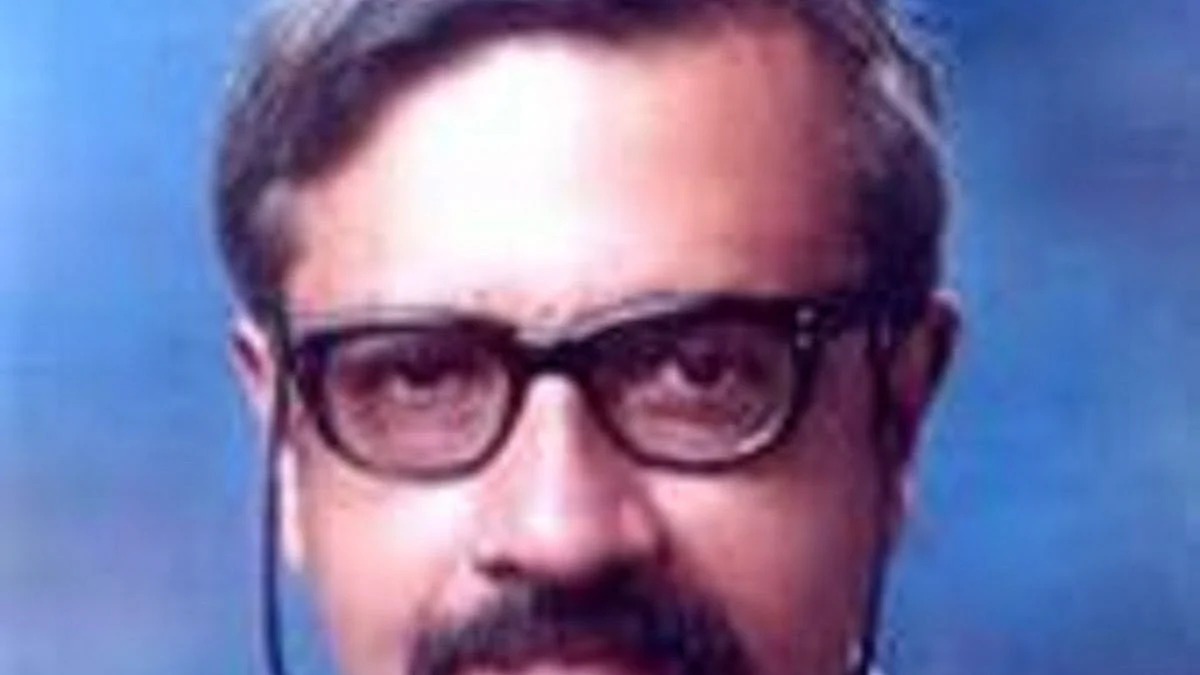A tribute to Professor Hari S. Vasudevan: distinguished historian and a gentleman
A Malyalee who studied in Cambridge and made Calcutta his home, he enriched lives of everyone he touched. He left us too soon

Covid-19 has consumed one of the finest historians of our time, Professor Hari Vasudevan, 68.
For long based in Kolkata, Professor Vasudevan taught international history in the University of Calcutta, besides heading several institutions with distinction, including the Maulana Abul Kalam Azad Institute of Asian Studies (MAKAIAS). Under his dynamic leadership as the Director of the Institute (2007-11), the place was always abuzz with activities so much so that the acronym, MAKAIAS became a well-known place to visit, especially for younger scholars looking for a toehold to survive in academia.
No wonder, as an outsider struggling to survive in the city of the Bhadralok, I also got much-needed support from Professor Vasudevan, who not only invited me to speak twice at the Institute in quick succession but also encouraged me to cultivate relations with academics in the city. Thereafter, he would be happy to see me in Alipore campus of University of Calcutta and also at Jadavpur University. "That's the way it should be", was his remark when once he saw me in an event at Jadavpur.
I later realised my visits to those institutions were facilitated by him. He did it in such a subtle manner that I was slow to understand his kind gestures, which also included encouragement to think of working on the vast corpus of Maulana Azad's Urdu papers. This did not take off as he desired, also because I was then heavily invested in all matters related to medieval India, with single-minded devotion. Offering these kinds of perspectives, he served as much-valued expert in different committees of government. He is especially remembered for his important role in NCERT's revision of school syllabus.
Professor Vasudevan was married to eminent art historian Professor Tapati Guha-Thakurta, who was my senior colleague at the prestigious Centre for Studies in Social Sciences, Calcutta; and he was a cousin of Delhi's foremost urban historian, Professor Narayani Gupta, who was my teacher in Jamia Millia Islamia, Delhi. He was also Professor of Central Asian Studies and Acting Director of Jamia's Academy of Third World Studies (2003-5) at a time when the university was flourishing as a cosmopolitan campus, and in the middle of a drive for all-round development led by the most energetic Professor Mushirul Hasan.
Thus, Professor Vasudevan evolved and grew into a rare combination of a fine scholar and a gentleman, a good person, who carried his erudition lightly. You needed to hear him to be awed by his genius, on for instance the vast connections he would make between comparative and connected historical processes as an academic historian and contemporary strategic relations as a foreign policy analyst. In all these, he would almost automatically bring Kolkata as an important node in history and the present.
Professor Vasudevan also distinguished himself as a rare Indian historian who had expertise in European and Russian history, not only as a renowned teacher, but also as a much-respected scholar. He was presently serving as Visiting Distinguished Fellow, Observer Research Foundation and Chairman, Institute of Development Studies, Kolkata.
For a Malayali who mostly spent his early years abroad and did his doctorate from the University of Cambridge, U.K., settling down in Kolkata was not much of a challenge. I am sure all the para people in the Salt Lake block where he lived must be deeply mourning the great loss, for the amount of time he spent with them, which is typical of the old adda culture even in the city's extension areas.
The Bengali adda has to be Bengali and it is open to all the cosmopolitan people of the world, the only challenge being the language. And some people can be so good with languages, as was the case with Professor Vasudevan. For an ‘Abangali’ to be a Bhadralok was not a difficult proposition for him. He headed institutions in Kolkata as naturally and easily as he would do the morning bazaar - a typically old culture of the city.
Our medical infrastructure is collapsing, and people are perishing in larger numbers, but under no condition, the loss of a distinguished historian such as Professor Vasudevan can be easily fathomed. My thoughts go to Tapati di and their daughter, Mrinalini. Heartfelt condolences to them.
We have lost a prominent scholar and a fine person. He leaves behind important scholarly contributions, and also many unfinished projects and journeys.
This is a shock we were not prepared for, but we shall certainly cherish the memories of our association with such a fine soul - ever-smiling, polite and suave.
A gentleman and historian.
(The author Raziuddin Aquil teaches in University of Delhi)
Follow us on: Facebook, Twitter, Google News, Instagram
Join our official telegram channel (@nationalherald) and stay updated with the latest headlines
Published: 11 May 2020, 8:31 AM
